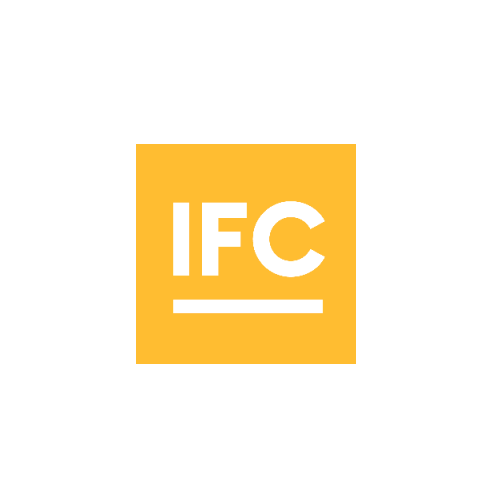Can we get real for a second? We’ve had a few situations where a potential client has been slightly offended by the question of budget.
And you know what? We get it.
It seems money-grubbing. Not only that – there is a concern that giving a budget will encourage us to pad our numbers to match theirs. But that’s actually not even close to why we ask. In this post we’re going to outline the reasons why it’s helpful to know your budget at or before the discovery call:
1. To set realistic expectations. We want to make sure that the budget you have matches the scope of work you’re requesting. If it doesn’t – we want to be honest with you upfront. For example, if you’re looking to create an e-commerce website and your budget is $2,000, your budget does not match the scope of work you’re requesting.
2. To get you the most value. Once we understand both your budget and your goals we can come up with a plan that gives you the “biggest bang for your buck.”
3. So you don’t feel blindsided. We have had a few situations where someone receives their proposal and is somewhere between confused and actively angry at the cost.
When this is the case it is almost always ALSO true that they were not forthcoming about either their budget or the true scope of the work. In these situations we’ve usually included every possible service that we think would lead to their success, because we’re essentially just guessing.
To be totally honest – there’s some significant variation in how we approach things after we understand your budget. We have:
1. Respectfully declined the work, and attempted to point the client towards resources that would suit them better. (This would be the case if the scope of the work was far beyond their budget).
2. Come in under budget.
3. Come in right on budget, but without giving the client everything they asked for. (This would be the case if the client’s budget could cover some but not all of what they requested. In this case we would evaluate everything they asked for and then decide which combination of our services would get them closest to their goals within the budget they proposed.)
4. Come in on or under budget for a “Phase 1” with the option of a Phase 2 at a later time.
5. Come in right on budget with everything the client wants.
6. Come in on budget. Then add a few additional options that would put them over budget – but that we think would add significant value with respect to what they are trying to achieve.
It really just depends on the situation. But all of it hinges on how much you’ve budgeted for the project.
And that’s why we ask.
If you don’t have any sense of what you’re asking for might cost – it is totally fine to say that in the call. But having even just a general idea of a budget is helpful to us.
 ABOUT AMY
ABOUT AMY
Amy Mertz is our Creative Director, StoryBrand Certified Guide, and copy writer. When not in the office you can find her chasing down her hilarious toddler, searching the land for great coffee and baked goods, or espousing the current books on her nightstand.

